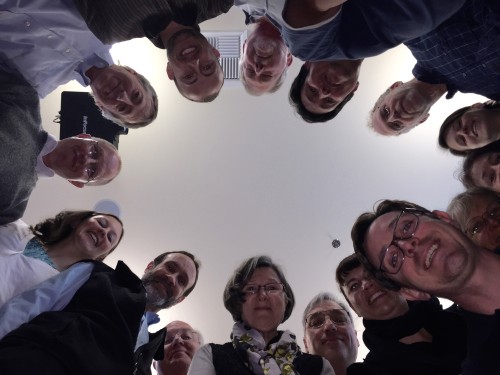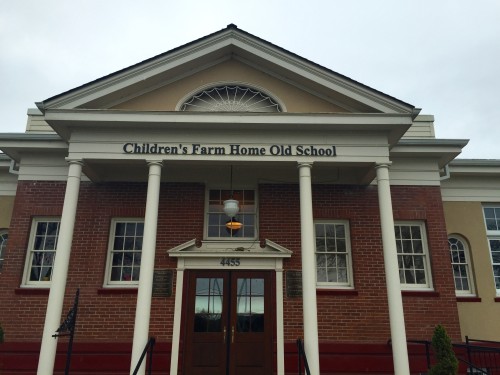Willamette River Report Card – I can see the light at the end of the tunnel
Simon Costanzo · | Environmental Report Cards |Developing a new report card is not a trivial business and can take a lot of time and effort on everyone’s behalf. The Willamette River Report Card has been no exception with over eight months since start date and upwards of 20 indicators initially proposed by stakeholders from 25 organizations at four workshops. Despite information overload at times, it really has been a terrific experience working with such an enthusiastic team at the Meyer Memorial Trust and environmentally passionate stakeholders that only Oregon could produce.
This April I travelled to Corvallis in Oregon to facilitate a workshop to get consensus and sign-off on our draft list of indicators and methodology. I think everyone got a glimpse of what the grades will look like when the report card is released in September this year and it certainly felt like the end was now in sight.

I’ve come to see a number of the sites along the Willamette River through this study, yet this past workshop presented a new location on U.S. Route 20 in Oregon between Corvallis and Albany – the Children's Farm Home School.
The Children's Farm Home School was built-in 1925 to provide homes for orphans, neglected children, and children whose families could not otherwise take care of them in the years leading up to the Great Depression. It supported itself through proceeds from a cannery, dairy and slaughterhouse, as well as the sale of produce and nuts, grown on the 300-acre property.
The school was closed in the 1980s, later to be restored and reopened in 2013 hosting a family center, restaurant, administrative offices, museum, and conference rooms available to rent (which is where we had our meeting). The campus still offers children and families with on-site accommodation and therapeutic activities such equine and canine therapy and various recreation activities making it unique among mental health facilities in Oregon.
You learn and see something new every day!

About the author
Simon Costanzo

Dr. Simon Costanzo is a Science Integrator at the University of Maryland Center for Environmental Science in Cambridge MD. Simon’s career in environmental science over the past 20 years has been focused on developing and improving methods for the assessment, monitoring and management of aquatic, marine and terrestrial ecosystems. Simon has extensive experience in scientific data collection, synthesis, interpretation and communication. Simon’s career has provided a unique insight to a wide range of disciplines and stakeholder groups including government, academia and private industry. Dr. Costanzo obtained his academic training from University of Queensland in Australia (PhD).